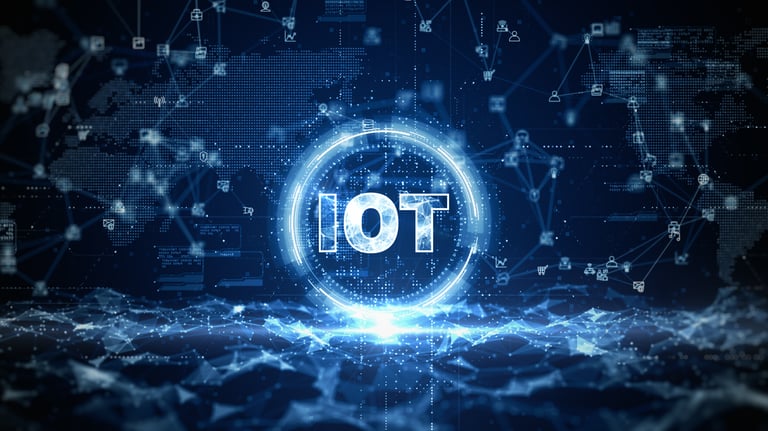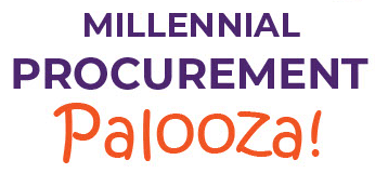
The procurement sector offers a multitude of rewarding career paths across various industries, with abundant opportunities for growth and advancement. As technology continues to evolve, professionals with expertise in procurement and a strong grasp of emerging technologies will be in high demand. Pursuing a career in procurement can lead to fulfilling roles where individuals contribute to organizational success by driving efficiency, innovation, and strategic decision-making in supply chain management.
$5T
Global Procurement Expenditure: According to research by Grand View Research, the global procurement market size was valued at over $5 trillion in 2020 and is projected to grow at a CAGR of around 7% from 2021 to 2028.
$600B
Federal Procurement Spending: The federal government is one of the largest buyers in the world, with spending exceeding $600 billion annually on goods and services. According to the Federal Procurement Data System (FPDS), federal contract spending reached approximately $681 billion in fiscal year 2020.
$9.9B
Procurement Technology Market: The procurement technology market is experiencing rapid growth. Research by Market Research Future suggests that the global procurement software market is expected to reach $9.96 billion by 2025.




Procurement Talent Shortage: Despite the growing importance of procurement functions, there is a shortage of skilled procurement professionals in the private sector. Companies struggle to find candidates with the requisite technical skills, industry knowledge, and strategic mindset needed to excel in procurement roles, presenting opportunities for individuals seeking to enter or advance in the field.
57%
Supply Chain Digitization: Deloitte's 2021 Global Chief Procurement Officer Survey found that 57% of respondents plan to increase investment in digital procurement tools in the next two years creating a multitude of career opportunities.
7%
Employment Growth: The Bureau of Labor Statistics anticipates a 7% growth in employment for purchasing managers, buyers, and purchasing agents from 2020 to 2030, faster than the average for all occupations.
45K
About 45,000 openings for purchasing managers, buyers, and purchasing agents are projected each year, on average, over the decade. All openings are expected to result from replacing workers who transfer occupations or exit the labor force, such as to retire.
Government-Wide Procurement Vehicles: Federal agencies utilize Government-Wide Acquisition Contracts (GWACs) and Multiple Award Schedules (MAS) to streamline procurement processes and leverage pre-negotiated terms and conditions. Professionals skilled in contract management, negotiation, and compliance play essential roles in administering these procurement vehicles.
Private Sector Procurement Spending: The private sector spends trillions of dollars annually on procurement activities, encompassing a wide range of industries such as manufacturing, retail, healthcare, technology, and services. This substantial expenditure creates a robust marketplace for procurement professionals to pursue diverse career opportunities.






Supplier Diversity Initiatives: Many private sector companies prioritize supplier diversity as part of their corporate social responsibility efforts. These initiatives aim to increase opportunities for minority-owned, women-owned, veteran-owned, and small businesses in the procurement process, creating career opportunities for professionals dedicated to diversity and inclusion in supply chain management.
Artificial Intelligence (AI) and Machine Learning: Predictive analytics and automation streamline procurement processes, optimize inventory levels, and identify cost-saving opportunities.
Blockchain Technology: Enhances transparency and traceability in supply chains, reducing fraud and improving efficiency.






Robotic Process Automation (RPA): Automates repetitive tasks such as data entry, invoice processing, and purchase order generation, freeing up time for strategic decision-making.
Future Technology Trends in Procurement
Predictive Analytics: Utilizing data analytics to forecast demand, identify market trends, and optimize procurement strategies for cost savings and risk mitigation.
Internet of Things (IoT): Sensors and connected devices provide real-time insights into inventory levels, equipment performance, and supply chain disruptions.




Contract Specialist
Procurement Analyst
Small Business Specialist
Acquisition Program Manager
Risk Manager
Category Manager
Contract Administrator
Supplier Quality Engineer
Logistics Coordinator
Inventory Planner
Cost Analyst
Ethics & Compliance Manager
Supply Chain Manager
Supply Chain Director
Procurement Systems Analyst
Data Analyst/Procurement Analyst
Business Intelligence (BI) Analyst
Supply Chain Analyst
Vendor Manager/Supplier Relationship Manager
IT Procurement Specialist
Cybersecurity Procurement Specialist
Cloud Procurement Specialist
IT Contract Manager
Digital Transformation Manager
ERP Implementation Specialist
Quality Assurance Analyst
Technical Trainer
Digital Procurement Consultant
Contract Attorney
Procurement Counsel
Government Contracts Attorney
Compliance Officer
Ethics Officer
Litigation Attorney
Intellectual Property (IP) Attorney
Data Privacy and Security Counsel
International Trade Attorney
Regulatory Compliance Counsel
Corporate Counsel
Supply Chain Counsel
Demand Planner
Sustainability Specialist
